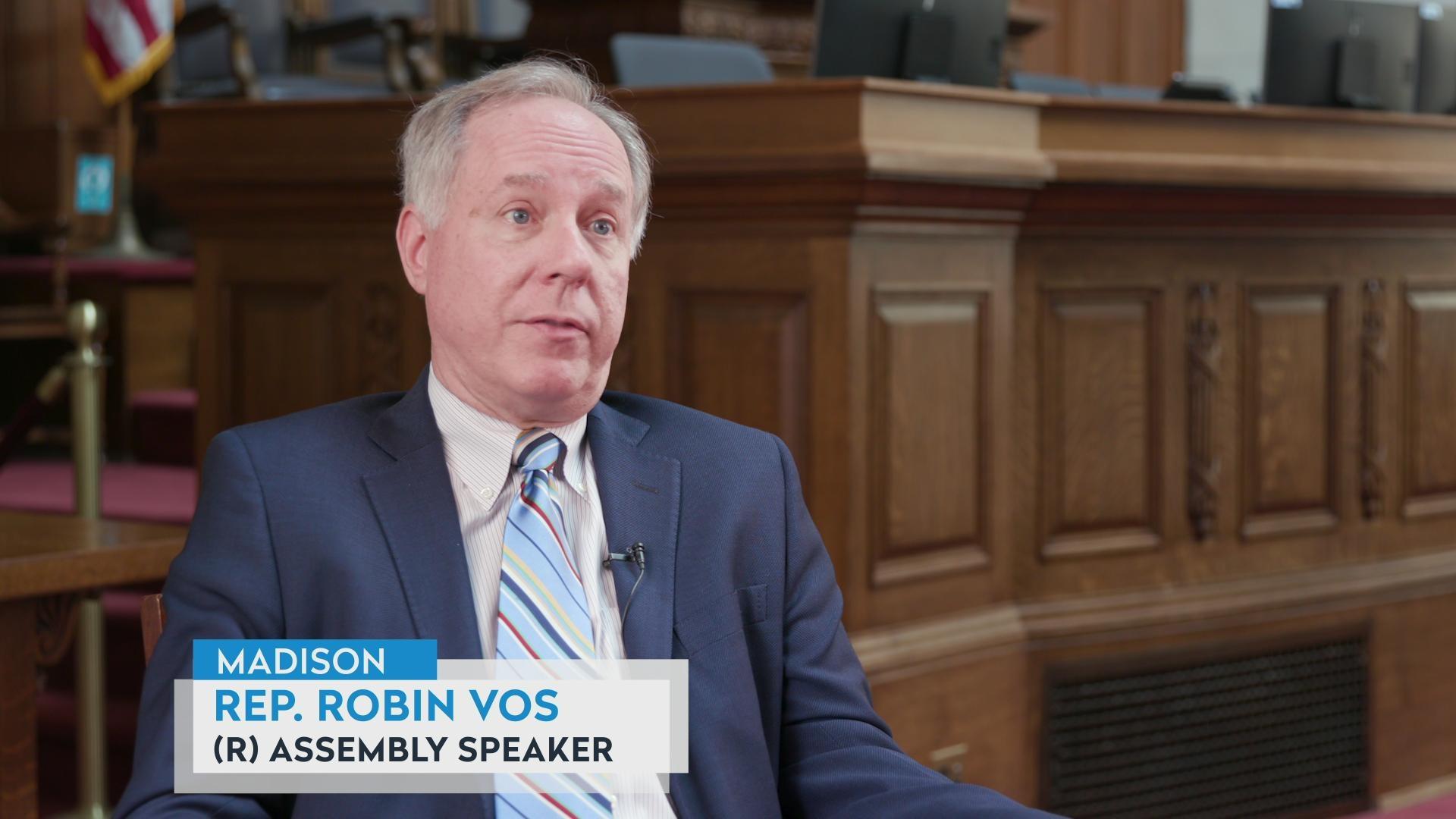Frederica Freyberg:
In other news when someone needs a quick short-term loan, they can turn to payday lenders but Wisconsin borrowers end up paying more on the backend because of high interest rates and fees. According to a new policy brief from Pew Charitable Trusts, this can result in a cycle of debt without stricter regulations. So where should you turn if you need quick cash? Melody Harvey, an associate professor of consumer science at UW-Madison joins us now to talk about it. Thanks for being here.
Melody Harvey:
Thank you for having me.
Frederica Freyberg:
I want to set the table here. Pew found Wisconsinites pay an average of $395 in fees when repaying $500 loans over the course of four months, an interest rate of 338%. Wisconsin is one of seven states that does not cap these interest rates. A person would have to be pretty desperate to take those terms, it seems to me but is that who is borrowing?
Melody Harvey:
In terms of the consumer base for payday loans, we know they are generally more credit constrained on average. Research has shown commonly, consumers turn to payday loans after exploring other credit options including plausible, available forms of liquidity. There is a credit constraint element as well as we know that payday loan consumers tend to be lower income on average. Both the income constraint as well as the credit constraints play a role into seeking payday loans.
Frederica Freyberg:
So if a person is cash strapped in this way, how do they pay these payday loans back?
Melody Harvey:
And so, on principle, payday loans are designed to be short term as suggested in the name payday loans so something that one would rely on in between pay periods and this is also characterized in the general fact that these tend to be small dollar loans. It’s available for a few hundred dollars as opposed to say thousands of dollars that one may peruse a personal loan for at a bank or credit union. And so given the small dollar amounts, we would like to believe one would be able to repay those within that two-week time frame but given the income volatility as well, numerous other shocks may occur including potential delays in pay day that result in rolling over the loan.
Frederica Freyberg:
You describe rolling over the loan, I am assuming if that happens and people unable to pay, fees just kind of keep accruing there?
Melody Harvey:
Right, so there is that capitalization element. So if you are rolling over a payday loan, you are effectively borrowing not only for that initial principle, but also the interest in fees charged that were accrued from that initial borrowing of the loan.
Frederica Freyberg:
Two questions kind of in one. Are these loans predatory or is there a place for payday loans?
Melody Harvey:
So that is the major debate occurring within the research space right now. So we don’t fully know what the welfare implications of these loans are at this time. And so when it comes to even substitution effects, for example, plenty of papers show that in an event of payday loan bans, which would be the highest form of regulation occurs, some consumers may turn to other forms, whether that’s auto title loans or pawnshop loans as well as even resort to bank overdrafts. And depending on how much one may overdraft from a bank account, that could prove more expensive in borrowing a payday loan. So much of it tends to be circumstantial.
Frederica Freyberg:
Yeah. Quickly with about half a minute left, we know Wisconsin Legislature a year ago tried to pass a 36% cap on payday interest rates but that did not pass. Is that the right move in your mind?
Melody Harvey:
So the 36% cap is certainly the most common form of payday loan prohibitions we see given that that number has shown to be an unprofitable rate for loans to operate. But another option could be mimicking the models that Ohio, Hawaii, Colorado and Virginia have implemented by converting the single use payday loans into these lower cost installments that consumers can use insuring they can get the small dollar loan as well as have enough time to pay them back at an affordable rate.
Frederica Freyberg:
Okay. Professor Melody Harvey, thank you for your information on this.
Melody Harvey:
Thank you for having me.
Search Episodes
News Stories from PBS Wisconsin

Donate to sign up. Activate and sign in to Passport. It's that easy to help PBS Wisconsin serve your community through media that educates, inspires, and entertains.
Make your membership gift today
Only for new users: Activate Passport using your code or email address
Already a member?
Look up my account
Need some help? Go to FAQ or visit PBS Passport Help
Need help accessing PBS Wisconsin anywhere?

Online Access | Platform & Device Access | Cable or Satellite Access | Over-The-Air Access
Visit Access Guide
Need help accessing PBS Wisconsin anywhere?

Visit Our
Live TV Access Guide
Online AccessPlatform & Device Access
Cable or Satellite Access
Over-The-Air Access
Visit Access Guide
 Passport
Passport


















Follow Us